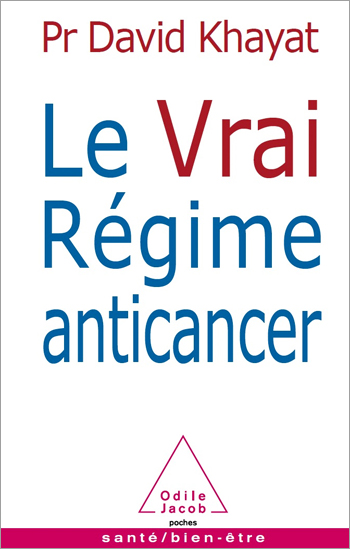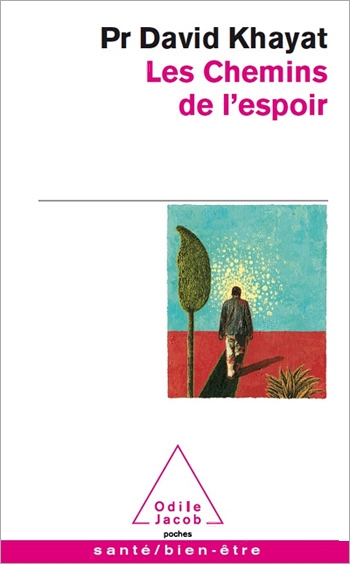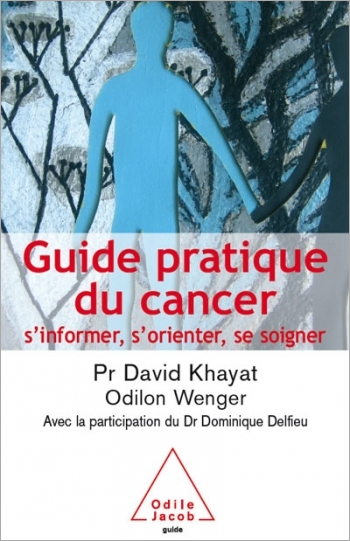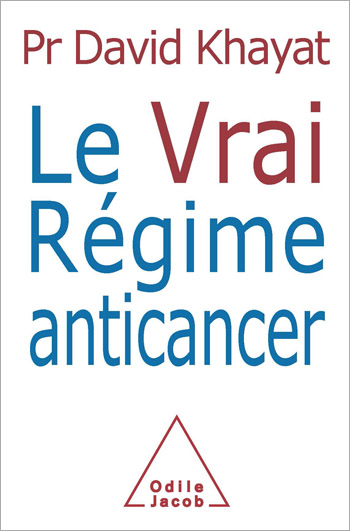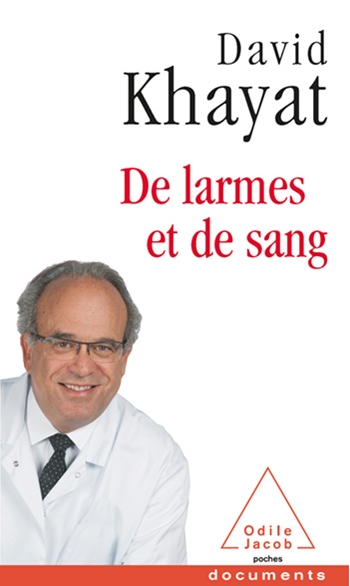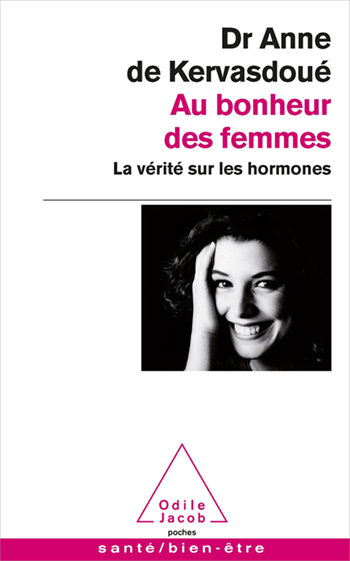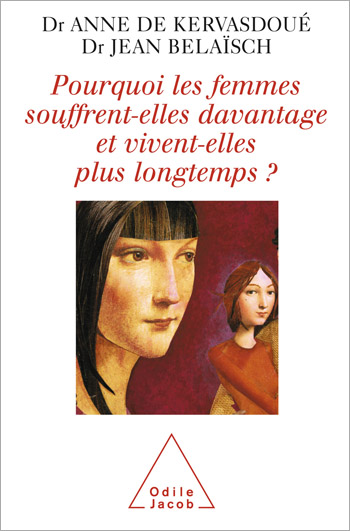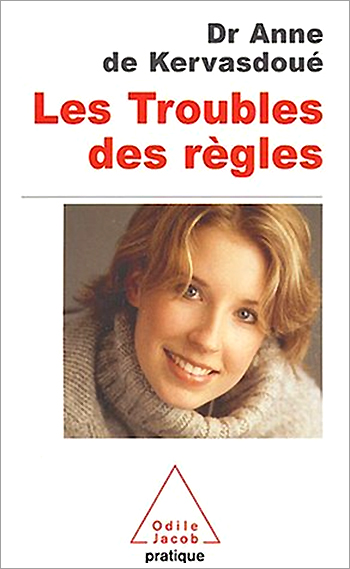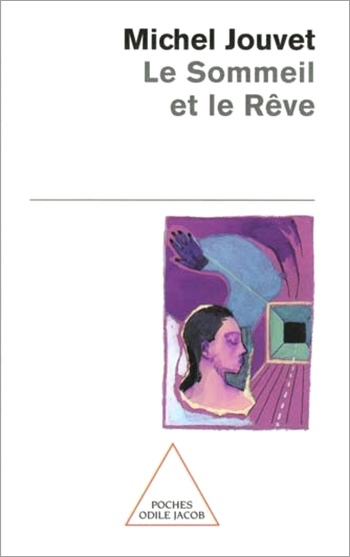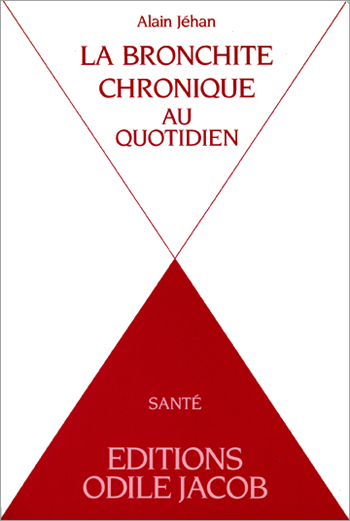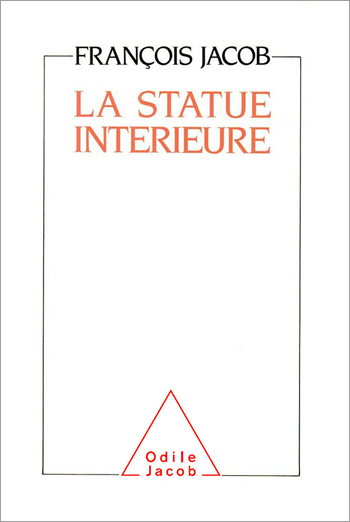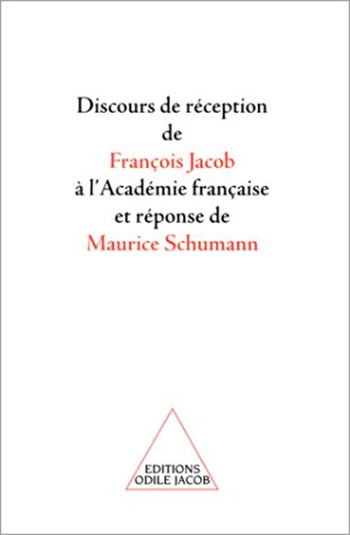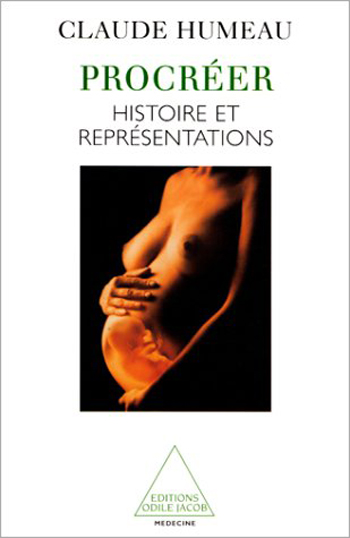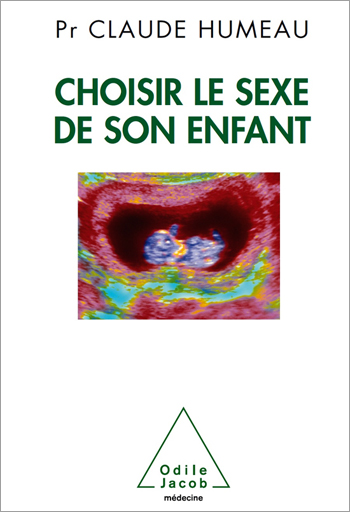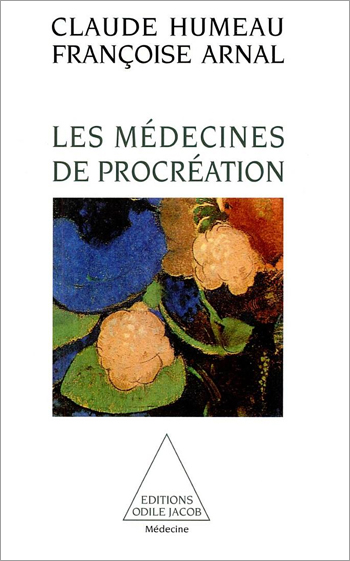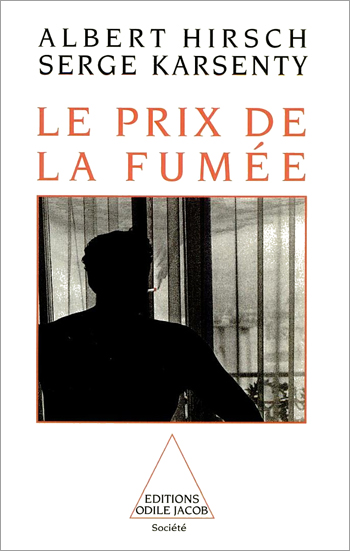Medicine All books
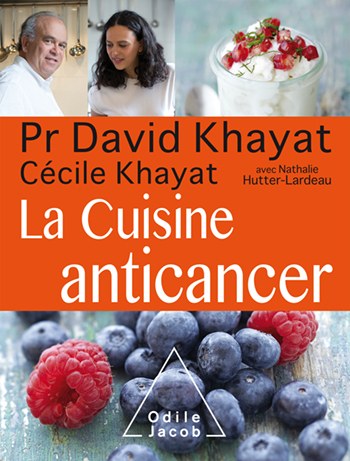
David Khayat, Cécile Khayat , Nathalie Hutter-Lardeau
Anti-Cancer Cooking
A healthy, tasty and convivial style of cooking that is easy to prepare and fits with the tastes and constraints of modern living. Information on familiar and some less familiar foods with recognized anti-cancer properties.
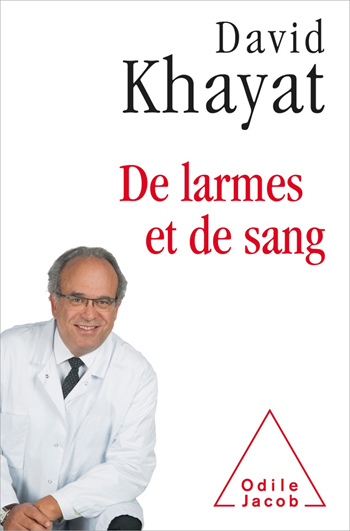
David Khayat
Of Blood and Tears
An eminent physician recounts his deepest feelings as he faces death and pain, as well as his own suffering, in the course of treating his patients.
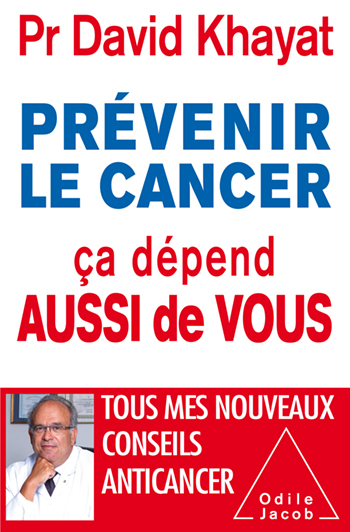
David Khayat
To Prevent Cancer It Is Also Up To You!
Everything you need to know to adopt anti-cancer behaviour in your daily life
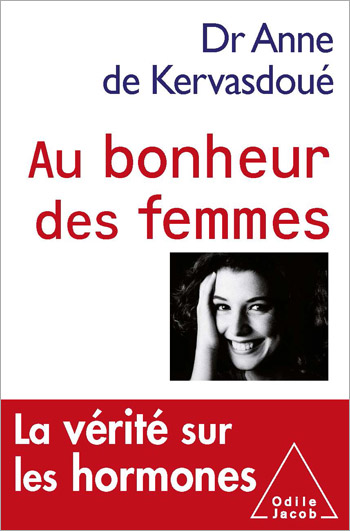
Anne de Kervasdoué
Women and Hormonal Treatments
A subject that concerns many women as they approach menopause.
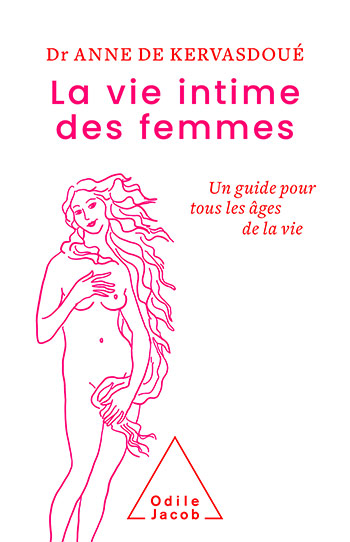
Anne de Kervasdoué
New Questions from Women Responses to 1001 questions that women ask about their health and their well-being, at every age in life
All the experience and knowledge of a gynecologist who has been listening to women for 40 years.
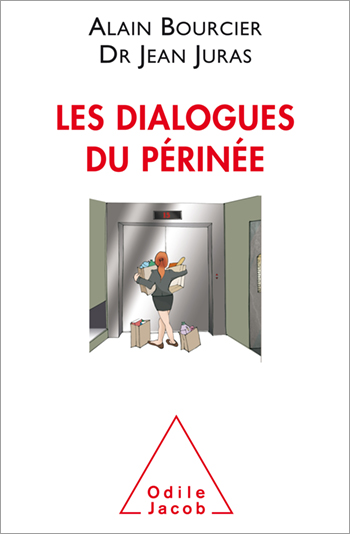
Jean Juras, Alain Bourcier
The Perineum Dialogues Lifting the veil on perineal disorders
A subject that can be hard to discuss, and a light-hearted yet well-documented way of addressing a taboo. Aimed at both women and men. Perineal issues after giving birth, after cancer treatments, in old age, after treatment for prostate cancer, etc..
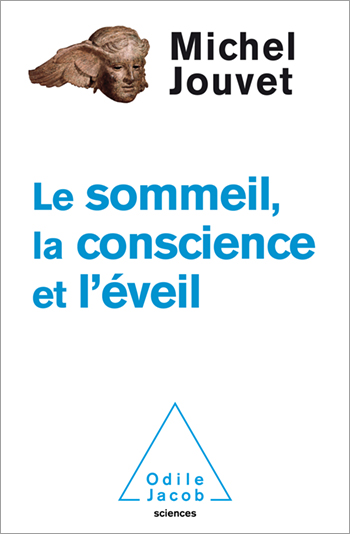
Michel Jouvet
The Sleep, Consciousness and Wakefulness
A major scientific work that offers a sweeping panorama of the state of consciousness, from Hippocrates to the latest findings in neurology.

Jeanne-Marie Bréchot, Brigitte Joseph-Jeanneney, Martine Ruszniewski
Surrounding Illness The Family, the Doctor and the Psychologist
Should the same information be given to the sick person, and their family ? How can one get through the trauma day by day ? Should the entire truth be told? Should one prepare for mourning? How to say goodbye ? This book is a spontaneous and moving three-way discussion to help those faced with serious illness. Brigitte Joseph-Jeanneney is a general inspector of social affairs. Jeanne-Marie Bréchot is a thoracic cancer and lung specialist at the Hôtel-Dieu hospital, in Paris. Martine Rusniewsky is a psychologist working with patients in the palliative care ward at Hôpital de la Salpetrière, in Paris.
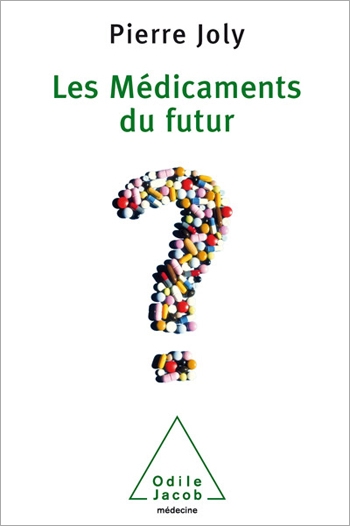
Pierre Joly
The Medication of the Future
This is a critical assessment of the pharmacological revolution of the past forty years, written by an insider and active participant...
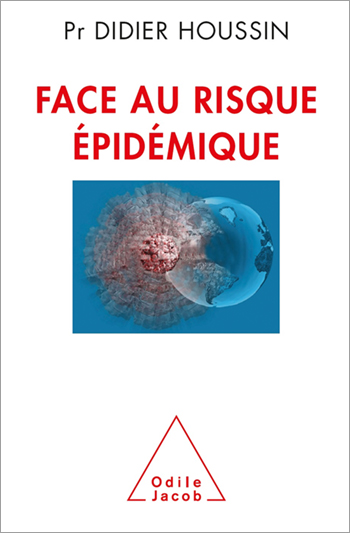
Didier Houssin
Against the epidemic risk
A warning, an analysis and some proposals to protect the world’s future inhabitants
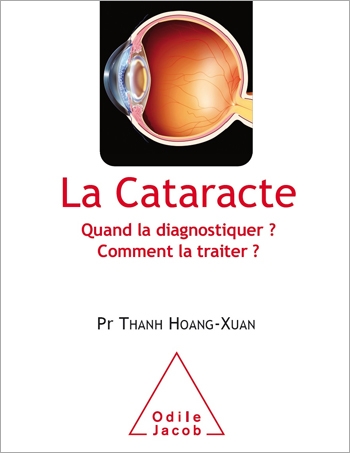
Thanh Hoang-Xuan
Cataracts From diagnosis to treatment
Everything you should know about cataracts before and after the procedure
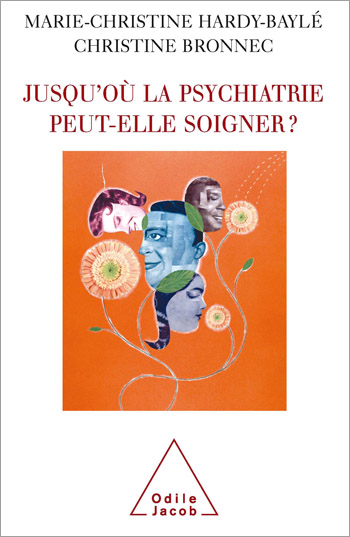
Marie-Christine Hardy-Baylé, Christine Bronnec
What are the Limits of Psychiatry ?
On the one hand, an ever increasing demand, on the other, widespread agreement that the profession in is the grip of a crisis. The result is that the supply is badly equipped to deal with the demand. What are the origins of this crisis ? Does it run as deep as the very foundations and identity of psychiatry itself ? In particular, what can be done to transform this natural diversity into a real strength ? Psychiatrist and psychoanalyst, Marie-Christine Hardy-Baylé works at the André-Mignot hospital, and is a professor of medicine at the University of Saint-Quentin-en-Yvelines. She heads the Association for the Promotion of Public Health of Yvelines Sud. A hospital director, Christine Bronnec, is in charge of the ANEAS project to evaluate psychiatric needs, and is co-president of the Association for the Promotion of Public Health of Yvelines Sud.
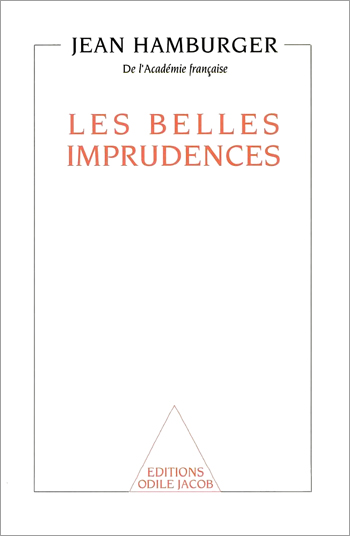
Jean Hamburger
Beautiful Imprudences
"Man has broken all the commandments to which living beings are bound. We had the audacity to want the weak to be protected. We gave rights to the individual. We decreased the rate of infant mortality and doubled the rate of life expectancy. But can we avoid the punishments of these beautiful imprudences?" Jean Hamburger Jean Hamburger was at the forefront of modern necrology and the principals of medical resuscitation. A member of the Académie Française and the Académie de Médecine, he was also President of the Académie des Sciences.

